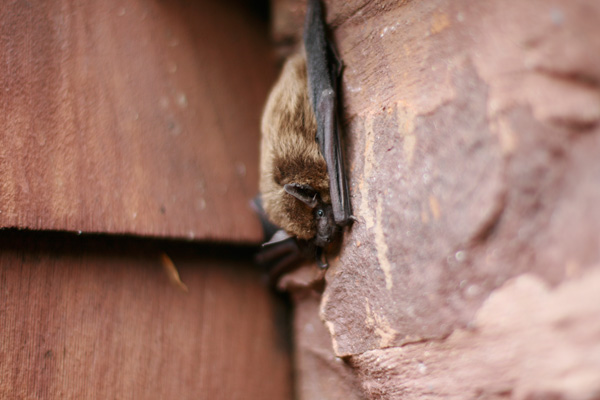Bats, our only flying mammals, are truly remarkable animals. It’s too bad their unwarranted reputation has prevented many people from appreciating how beneficial and unique they are.
All bats found in Massachusetts are insectivores. They feed primarily at night, catching thousands of mosquitoes, moths, and other night-flying insects. It is estimated that an individual bat can eat 600 insects per hour!
Here are five photos of bats to celebrate these beneficial little beasts. Learn all about bat behavior, species, and anatomy, check out Bats By the Numbers, and find out what you should do if you encounter a bat.
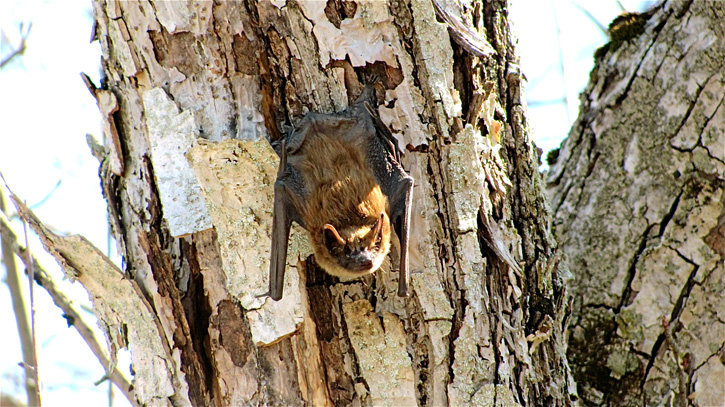
Bat © David McChesney
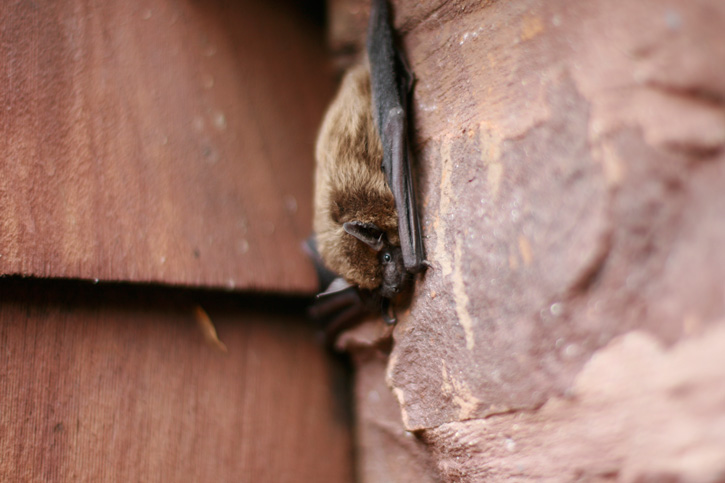
Bat © Serah Rose Roth
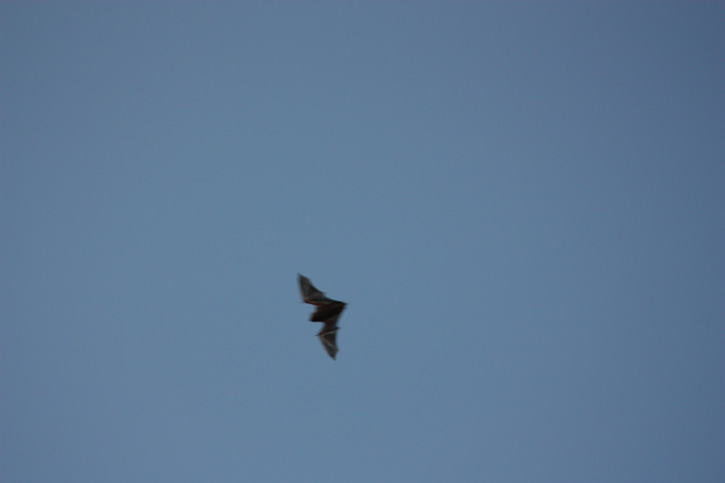
Bat in Flight © Jeff Wills
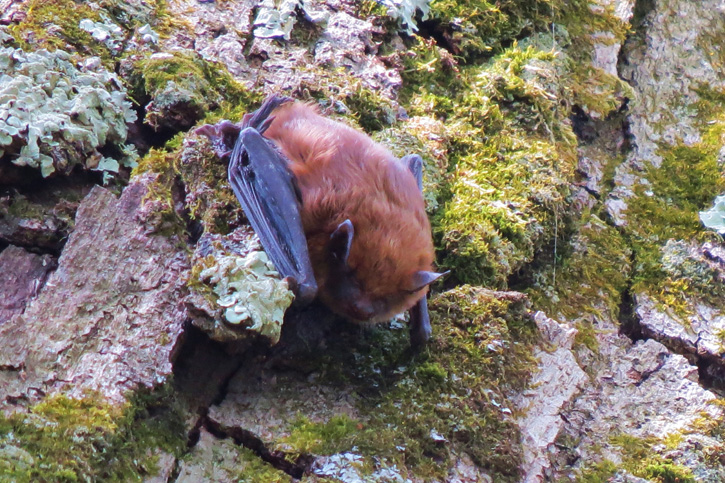
Bat © Dave Shattuck
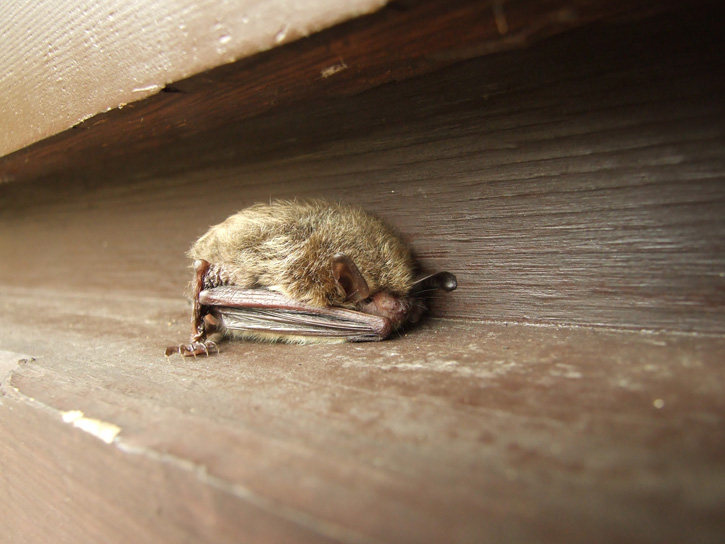
Bat © Justen Walker


